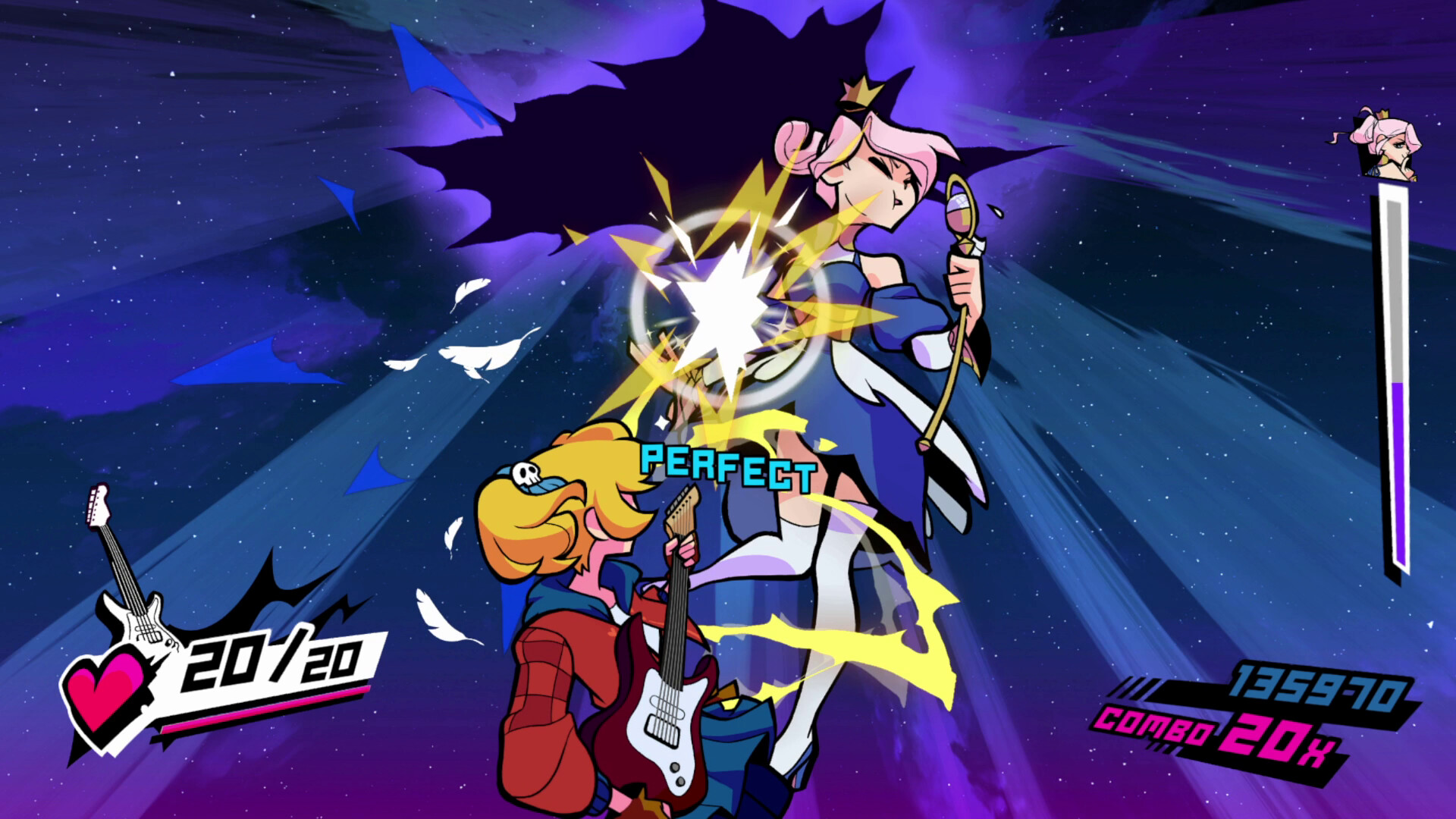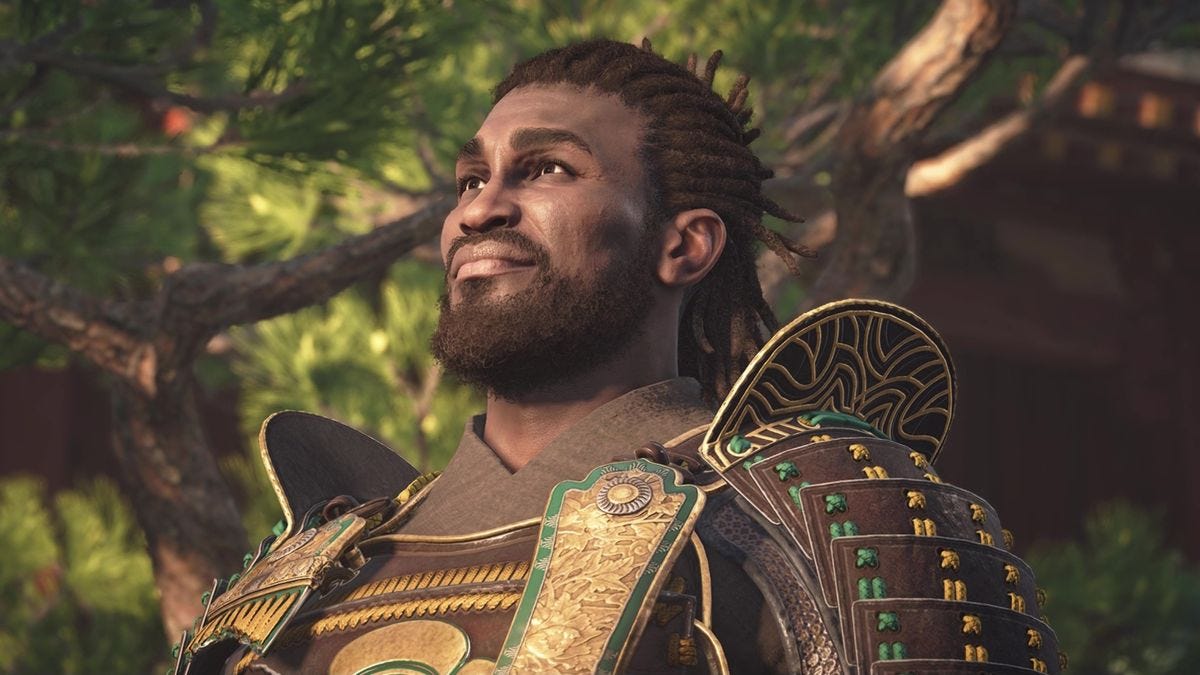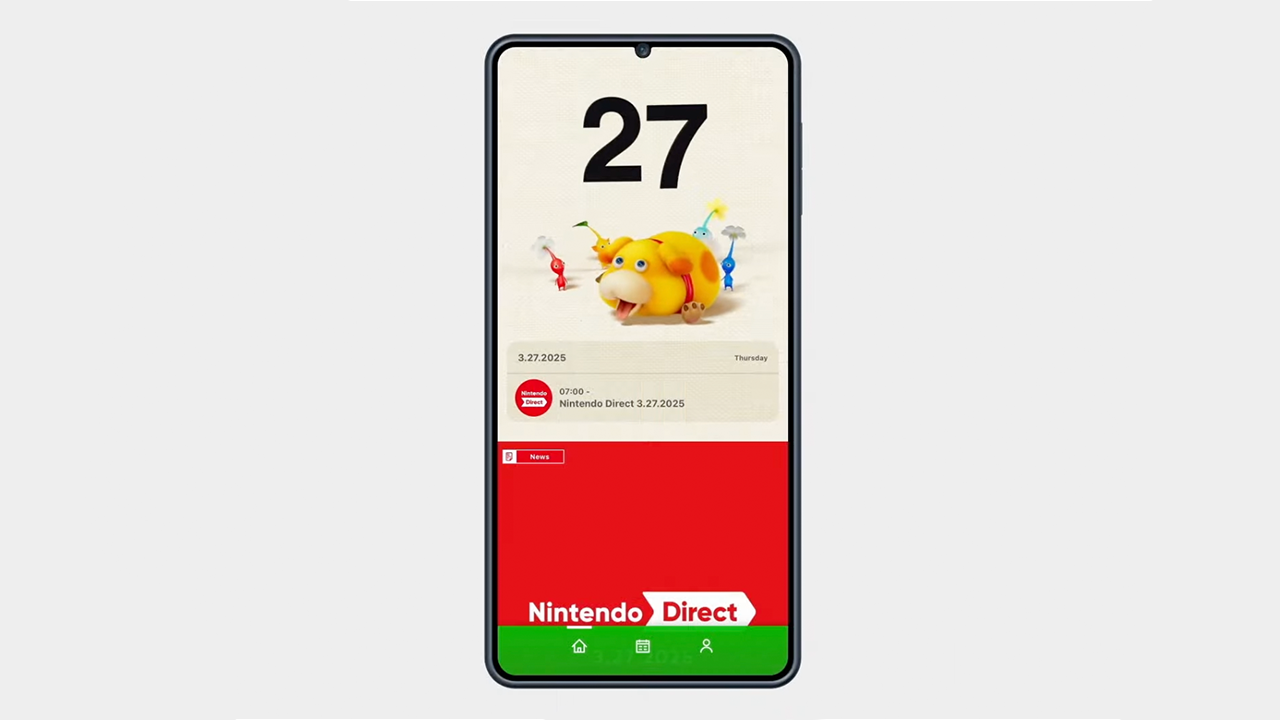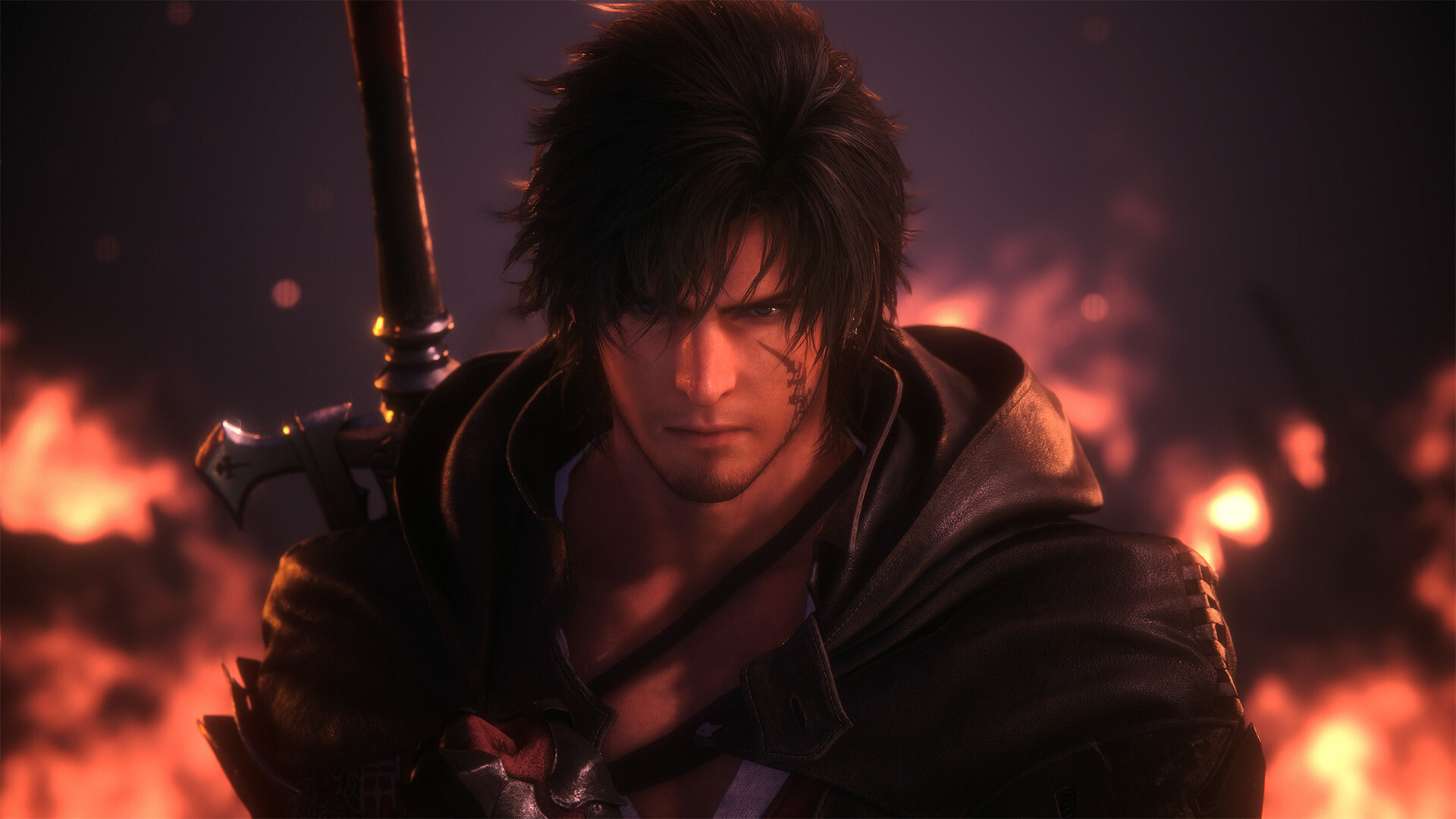www.gamedeveloper.com
Bryant Francis, Senior EditorMarch 27, 20257 Min ReadImage via Square Enix.At a GlanceIn her GDC 2025 talk, game writer Alexa Ray Corriea explains why developers should embrace "babygirls, pookies, and himbos."Okay for this to make sense, I need you to understand what a "babygirl" is. A babygirl is, as writer and narrative designer Alexa Ray Corriea explained in her 2025 Game Developers Conference talk, a character that everyone can agree is "a little bit traumatized," but secure in their masculinity, attractive, sensitive, and vulnerable, but not weak. He's probably over the age of 25, and may have "soft reasons to make hard decisions." Corriea's example was Clive from Final Fantasy XVI.Still with me? Good, let's talk about a "woobie." A woobie refers to a villainous or morally grey character who fans are inspired to "care for or comfort" amid all the terrible things happening to them. Do not confuse a woobie with a "meow meow," as a meow meow refers to a more heroic character you might want to just give a big hug. If that one's confusing, think about the difference between Waluigi (woobie) and Luigi (meow meow).Oh no, there are so many phrases left to cover. A "girl failure" is a female character who seems to have their life together but absolutely does not (Misato Katsuragi from Neon Genesis Evangelion). Then there's the handsome older male characters you'd say are a "daddy" or "zaddy," and last but absolutely not least there's the handsome-but-well-meaning "himbo." These words all describe a new genre of character tropes defined by fans and popularized on platforms like Tumblr and Ao3.Related:Why should developers care about these magnificent words? Well let's get down to brass tacks. It's common knowledge that if you want players to give a shit about your game's story, you need strong characters. But after 40 or so years of great narrative games, a lot of the classic tropes have been well-worn out and we all get a bit exhausted when a narrative director pulls out his copy of Joseph Campbell's The Hero's Journey again.Corriea's argument is that these fandom phrases are the secret to juicing up your game. How? Some of it's about the dataand some of it's about freeing your creativity from a box of shame.Fans. Love. These. Tropes.Data-hungry developers deserve a little guidance here. Ao3 (which stands for "Archive Of Our Own"), for the un-indoctrinated, is a successor to fanfiction.net, and is now the de facto home of fanfiction in the world wide web. It is also, it turns out, a useful barometer for assessing which characters are most popular in a beloved video game. Corriea showed a list of the top "shipping" categories of 2024 (shipping, another fandom phrase, refers to pairing characters up in fanfiction whether they're a canon couple or not), and pointed out that five fanfiction romances from Larian Studios' Baldur's Gate 3 ranked in the top 100 of all submitted projects in 2024. Astarion and the player character clocked in at the fourth-most popular category, while the "Dark Urge" version of the player character and the villain Enver Gortash ranked at number 85, if you want a sense of the spread.Related:"These characters are like six years old," she said (referring to the 2019 Early Access launch of Baldur's Gate 3). "That lasting power really means something," she said. "Looking at how your fan base is consuming your game, or how your players are consuming other games you admire...can help with your own character ideation phase."She also revealed that an unexpectedly popular entry on the Ao3 2024 shipping rankings was...Soap McTavish and "Ghost" from the Call of Duty: Modern Warfare series. "When I was in the writer's room on Call of Duty, we wanted to make this canon, and they wouldn't let us," she said. "So thanks a lot Activision."Image via Ash Poprik.Image via Ash Poprik.But before you run off and start dumping all of Ao3's data into a spreadsheet to quantify the most potent pairing you could conceive (I know some of you are already trying this don't hide from me), take a quick breather. There is one side effect to this fandom-led phenomenon that has a nasty side effect: the perpetuation of "toxic fandom."Related:Developers are quite familiar with toxic fandom, as it unfortunately drives harassment across the business. But when swimming in these waters, fans sometimes develop unhealthy attachments to characters and may lash out at other players or developers if their favorite character isn't portrayed in the way you like. "I'm not telling you to listen to toxic fandom culture that's still a huge problem across our industry...this is about having a dialogue with your fandom, and not letting yourself being run by it."She also added that with younger generations of developers emerging from the primordial ooze of fandom, there are going to be more game industry professionals who speak this language. "You're going to start having these conversations a lot, hearing this kind of talk in your writer's room, because that's a part of our culture. Those fandoms brought us into this line of work, and it's good form to keep up and know how to meet them halfway."And pop culture has already nudged the shape of the game industry in small ways. The X (formerly Twitter) account called "Can you pet the dog?" launched hundreds of pettable animal video games in game development.Those were the "practical" takeaways from Corriea's talkthe kind you might bring into a big meeting when you have to convince leadership that you've only gone a little bit feral in your corner of the office. But if we only limit ourselves to the practical, we risk burying these tropes in the same graveyard as "the grizzled war veteran" or "the talented female sidekick who is somehow shown up by the main character."If you truly want to tap into the power of these tropes, you must learn to set yourself free.Embrace cringe, be vulnerable"For an artist to become overly cerebral is to become crippled. This is not to say that artists lack rigor, rather that artistic rigor is grounded differently than intellectual life usually admits."The above quote comes from Julia Cameron's 1992 book The Artist's Way, and is a quote Corriea said she regularly thinks about. When she thinks about it, she recalls advice from one mentor who told her to "write from the hip," slinging out ideas with the speed of a classic cowboy gunslinger. Another told her to "write the unhinged thing, because you never know who will identify with that." All three quotes are, in one way or another, a call for creatives to write deeply from their instincts. To do that, you need to fight your way past an emotion holding any creative person back: "cringe."The verb "cringe" has become popularized as a noun and adjective, describing an emotion mixing shame and embarrassment tied to social awkwardness. Lusting publicly for fictional characters can sometimes be "cringe." Telling your development peers about the hours spent making a playlist for your game's protagonist might be "cringe." Regularly waxing on at length about Star Wars on a B2B website read by game industry professionals might also be "cringe.""Embrace cringe," reads one of end of the internet. "Please, no more embracing your cringe," says another. "Climb cringe mountain," commanded Corriea. Whichever choice you make it's easy to agree that cringe is, one way or another, about emotions or actions someone else may perceive as awkwardor even laugh at you for expressing. If you're uncomfortable with being "cringe," you might revert to safer emotional behavior, something more familiar, something you think will keep people from laughing at you or mocking you.Sometimes that's a business-driven instinct. If you fear you're taking too many risks with a new type of gameplay, you'd be forgiven for thinking you need a conventional plot with conventional characters to not alienate the player.But that line of thinking can also be your undoing. The fear that no one will resonate with your strange ideas can be what makes your game not very interesting."The beautiful thing about art, and the thing that we so often forget when we're making art, is that people will find meaning in just about anything. When we are creating, what we are creating will resonate with different people on different levels. It's all valid," said Corriea.And if you can't be vulnerableor "cringe"around your collaborators, how will you help them make games that connect with those players? "This is all still fun," Corriea reminded the audience in her closing remarks."We make games. We need to remember that under all of this capitalism, we are still having fun."Read more about:GDC 2025FeaturesInterviewsTop StoriesAbout the AuthorBryant FrancisSenior Editor, GameDeveloper.comBryant Francis is a writer, journalist, and narrative designer based in Boston, MA. He currently writes for Game Developer, a leading B2B publication for the video game industry. His credits include Proxy Studios' upcoming 4X strategy game Zephon and Amplitude Studio's 2017 game Endless Space 2.See more from Bryant FrancisDaily news, dev blogs, and stories from Game Developer straight to your inboxStay UpdatedYou May Also Like











